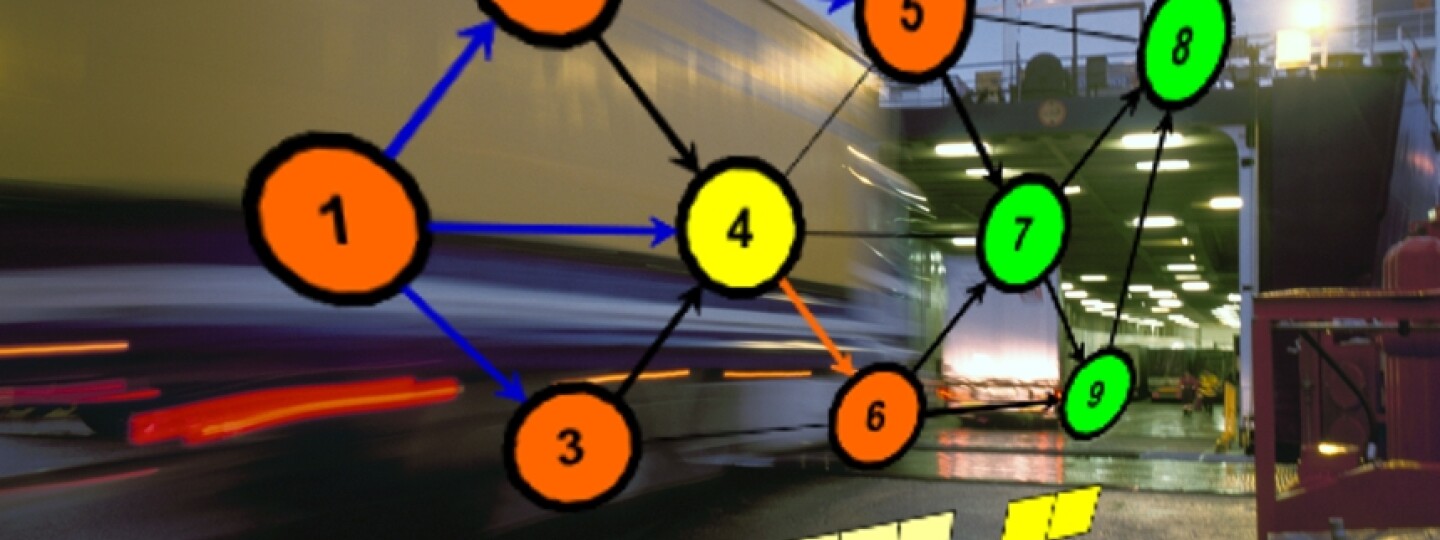At the beginning of COVID-19 pandemic, in spring of 2020, universities in Europe moved to distance learning with very short notice and from different situations. The InCompEdu project collected experiences of teachers with an extensive survey: which challenges the sudden change created, solutions found and how online teaching methods developed during the pandemic.
In total, 525 replies were received from the partner countries of InCompEdu project: Croatia, Finland, Italy, Poland, Romania and Slovenia. In addition, teachers in these countries were interviewed.
In the questionnaire, online teaching was understood widely, including a variety of possible options and levels of online teaching. Online teaching started from different situations and earlier experiences of teachers were quite different in the countries examined. Even 50% of all respondents in the countries examined had never practiced regular teaching online before the pandemic. The highest share of online teaching, at least on a moderate level, was reported by the Finnish respondents (55%), followed by Romania (41%) and Croatia (37%). While the shift to online teaching took place in March 2020, the workload increased due to organisation of online teaching, and working a full day on screen caused fatigue.
During the pandemic, the most often mentioned challenge was the engagement and activation of the students in online teaching. Subjects with laboratory and field work were considered the most challenging to teach online. Teachers had good experiences for example about group work and discussions online.
The respondents reported a multitude of best practices related to online teaching. Good preparation in advance is required. Examples were given also about the use of different online learning environments, scheduling of lessons and platform-related solutions as well as on methods to activate students. Teachers remaining available after lectures, and organised coffee breaks online. Solutions were developed into verification of knowledge and exams, which were challenging to be organised online.
The personal views and preferences of the teachers vary on online teaching, and traditions and practices of the universities are different. Most of the respondents planned to use online teaching as an additional method to traditional classes. However, both teachers and students note that online discussion platforms do not compensate in-presence peer working. Some respondents do not want to teach online and others challenge online teaching and its suitability especially in academic teaching. The benefits mentioned were for example equal opportunities to attend the classes for the working and non-resident students. In the future, the combination of methods and tools, both synchronous and asynchronous activities, creating a blend of traditional online learning styles with newer, more collaborative audio and visual tools may be one solution.
The report includes the results of the questionnaire and the multiplier event which was organised in February 2022. The results of the interviews will be reported in another report.
Additional information
InCompEdu is financed by Erasmus+ and realised during 1.4.2021 – 31.3.2023. Centre for Maritime Studies coordinates its IO1 “Identification of problems and good practices with transferring academic teaching to on-line mode”. The project is coordinated by the University of Gdańsk, Poland.

